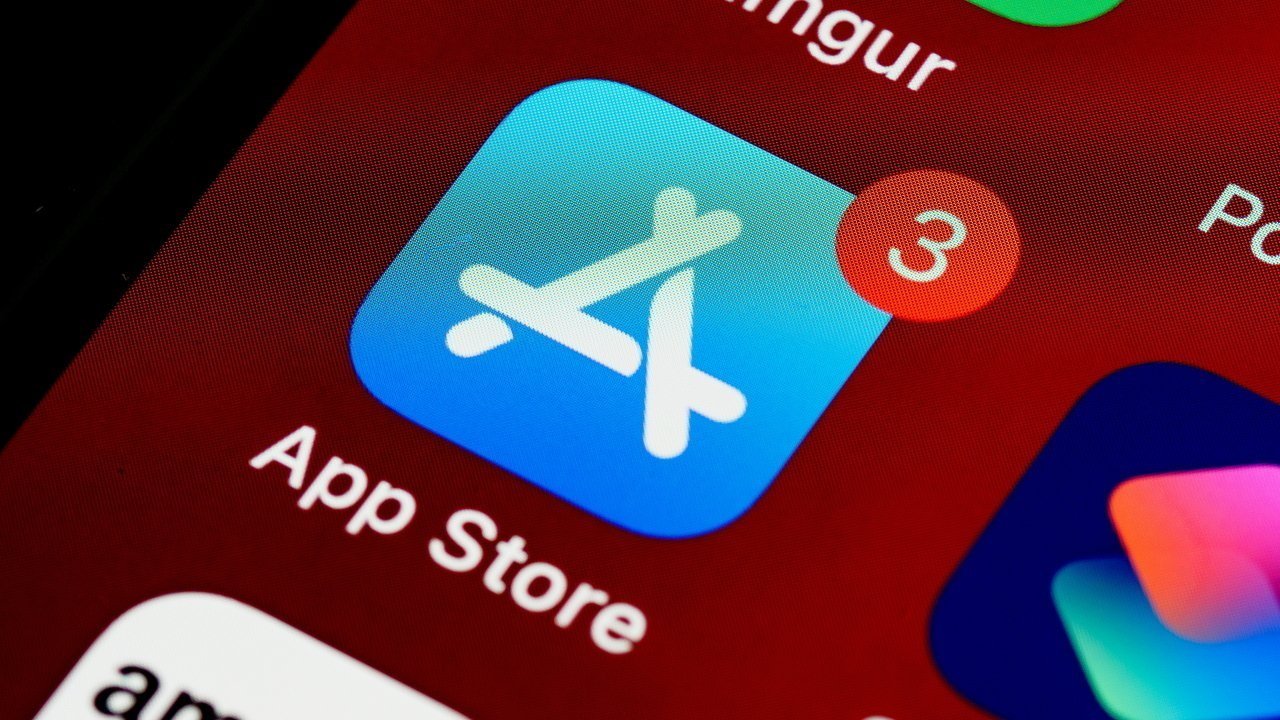An ongoing antitrust lawsuit has finally been granted class-action status, one accusing Apple of using its App Store monopoly to keep prices high.
An antitrust case against Apple that has rolled along in various forms for 12 years has been given a break by a federal judge, who allowed it to be granted class-action status. Judge Yvonne Gonzalez Rogers refused to certify the suit as a class action in 2022, but after it was narrowed in scope, it has since been granted.
The lawsuit centers around Apple's alleged monopoly on iPhone apps, and its rules preventing both the existence of third-party App Stores and the ability for purchases to be made outside of the App Store itself. It is claimed that the rules allowed Apple to control a monopoly, limiting consumer choice and, in turn, allowing prices to creep upward.
The change to the lawsuit that allowed Gonzalez Rogers to accept it as class-action in nature was the number of Apple account holders that would've been affected by it, reports Reuters. The class now represents account holders who have spent $10 or more on apps and in-app content.
The judge was still concerned that the new narrower class may have more than 10 million accounts that didn't suffer any harm. However, Rogers added that the number of accounts could be further reduced, and there wasn't a specific "cutoff" for denying certification at all.
During the same session, Gonzalez rejected Apple's request to block testimony from two expert witnesses over the potential harm to customers. The testimony, which includes comments from Nobel Prize-winning economist Daniel McFadden, was alluded by Apple to be unreliable.
Mark Rifkin, a lawyer on behalf of the consumers, was "extremely pleased" by the decision and the start of the next phase of the 12-year-old legal ordeal. Rifkin believes that Apple could be on the hook for "billions of dollars in damages."
Regardless of how the case eventually plays out, Apple's rules attacked by the lawsuit are already being changed elsewhere in the world. With the introduction of the EU Digital Markets Act, Apple is forced to make changes to allow third-party app storefronts to exist, as well as third-party payment processing.
 Malcolm Owen
Malcolm Owen







-m.jpg)






 Charles Martin
Charles Martin
 Wesley Hilliard
Wesley Hilliard
 Stephen Silver
Stephen Silver
 William Gallagher
William Gallagher

 Marko Zivkovic
Marko Zivkovic
 Andrew Orr
Andrew Orr
 Amber Neely
Amber Neely








19 Comments
I found a heavily redacted file of the case,(. pdf):
https://www.google.com/url?sa=t&source=web&rct=j&opi=89978449&url=https://www.courthousenews.com/wp-content/uploads/2021/11/Apple-iPhone-motion-for-class-cert.pdf&ved=2ahUKEwi007HX44-EAxVQgP0HHT_kB2A4FBAWegQICBAB&usg=AOvVaw0XWOmus6tWTw53K-NTONpN
And this was part of that:
"First, Prof. McFadden investigated what app store commission rates Apple would have charged in a competitive but-for world (“BFW”). But for Apple’s anticompetitive conduct, there
I wonder what he thinks about Apple’s EU proposals?
It is going to be interesting to eventually see what Apple is not revealing here.
Curiously, while searching for that I saw some sites saying his testimony had been rejected.
People are so cheap.
Who is behind this lawsuit? The average app user? Developers? And minority of people who really don't care about apps at all but who only want money?
Apps are not expensive and most people really aren't complaining that "app prices from Apple are so high!" All I hear about are developers who want more profits and governments who capitulate to their demands, trying to attack Apple only because Apple is a successful company. Basically, if you are successful, you ultimately will be charged for having experienced too much success.